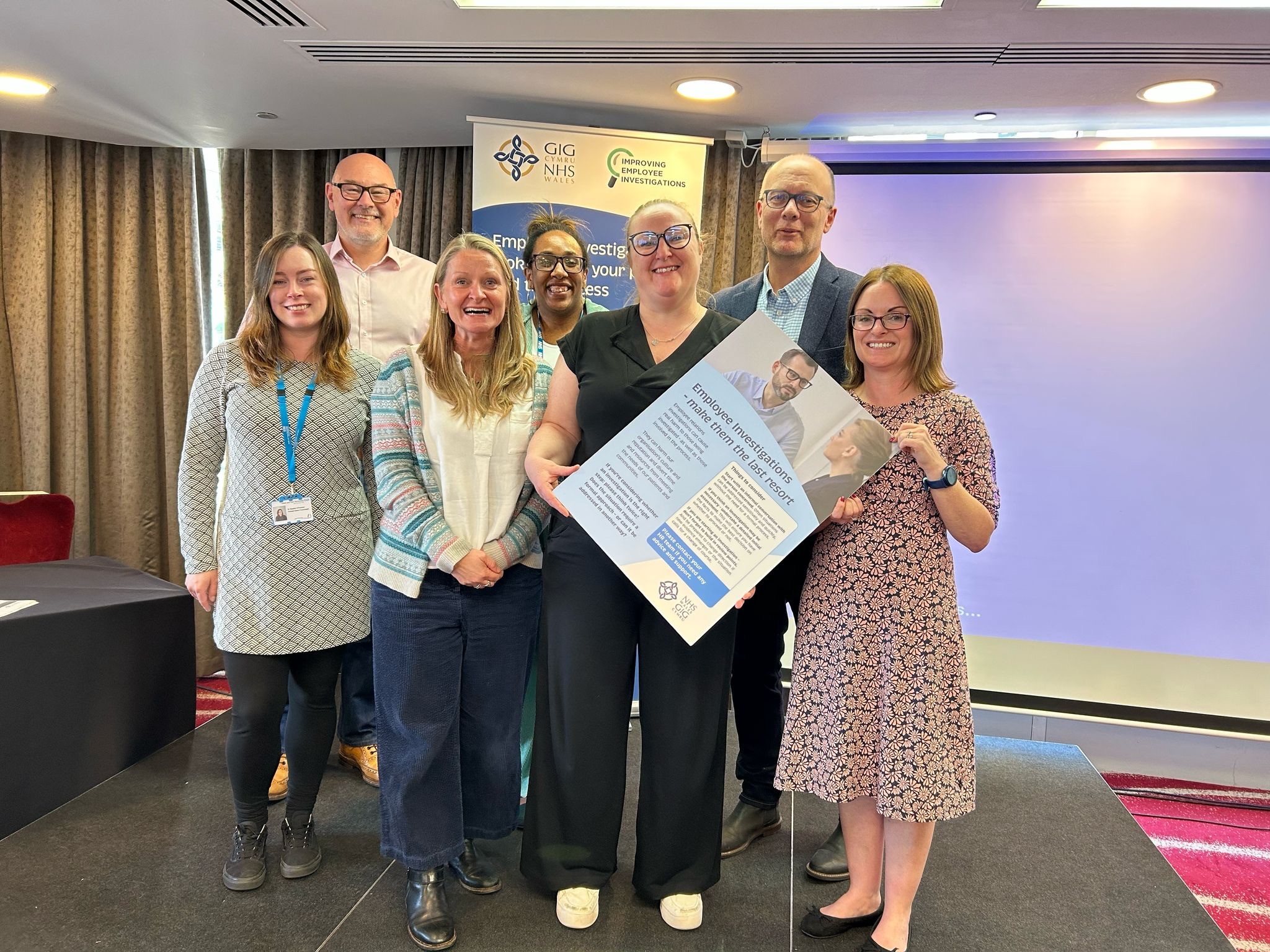West Yorkshire Health and Care Partnership has launched its ‘avoidable harm’ pilot programme, starting with a focus on improving employee investigations. This is a partnership project coordinated by the Mental Health, Learning Disabilities and Autism (MHLDA) programme Workforce Lead, Sonya Robertshaw, Dr Kerry Hinsby, Clinical Lead for the West Yorkshire Staff Mental Health and Wellbeing Hub and colleagues from NHS Wales.
Led by Andrew Cooper, from Aneurin Bevan University Health Board in NHS Wales. The organisation had seen a 70% reduction in a pilot programme which advocated taking a ‘last resort’ approach to the use of the disciplinary process.
The focus on avoiding harm in employee investigations has subsequently been taken up by the Healthcare People Management Association (HPMA) who have published the paper ‘When we do harm’ paper. The programme draws on learning from the patient safety movement and this animation video highlights the importance of the work, by changing the culture and approach to ensure that formal processes are always ‘a last resort’.
The pilot programme has so far attracted a huge amount of interest with almost 200 colleagues from across the system attending our first two training events, including representatives from HR professionals, trade union colleagues, wellbeing leads and operational managers.
The pilot is being developed as a train-the-trainer model and we already have people signed up excited to support delivery. Of those that attended 90% said it improved their knowledge in this area and 95% said they would recommend the training.
David Syms, Staff Side Chair and Unison Representative has praised the initiative: “As Trade Union representatives, we recognize the profound impact employee investigations can have—not just on the individuals involved, but on workplace culture and overall organisational wellbeing. That’s why we fully support this training, which aims to bring HR colleagues and wellbeing leads together to create a more compassionate and effective approach to investigations.
“By fostering strong partnerships, improving communication, and embedding wellbeing support into investigative processes, we can reduce unnecessary harm and ensure investigations are conducted with fairness, dignity, and transparency. This collaborative effort will help shift workplace culture away from punitive measures and toward learning-focused solutions, ultimately benefiting staff and strengthening trust across the organisation.
“We encourage participation in this training to build a shared understanding of how investigations can be managed with care, efficiency, and respect for all involved. Together, we can improve outcomes, mitigate harm, and ensure that investigations become a genuine last resort rather than a default course of action.”

